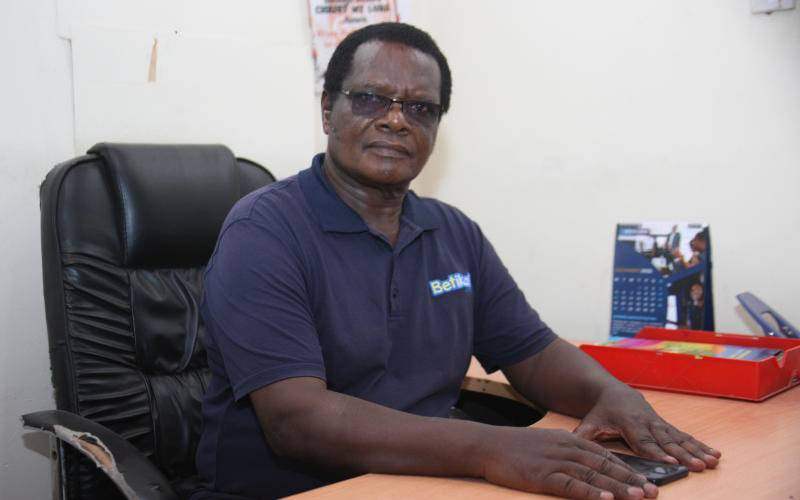×
The Standard e-Paper
Home To Bold Columnists

A businessman has developed an innovation that seeks to ensure Kenyans earn points for every purchase made which will form part of investment capital from the economy.
Jacob Kioko, the proprietor of Kauti Schools and Colleges, who is an innovator and copyright owner of Dichotomous Universal Growth Web Innovation (Dugwi), believes the points will see Kenyans become capital owners and enable them to finance the recurrent expenditure instead of waiting for allocation from the national government